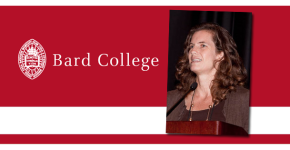Category: Biology
-
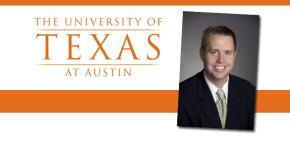
Neal Hall, UT Austin – Fly Inspired Hearing
The way flies perceive sound is helping engineers improve on microphone technology. Dr. Neal Hall, an Assistant Professor in the Department of Electrical & Computer Engineering at The University of Texas at Austin, discusses the buzz surrounding his latest word. Dr. Neal A. Hall received a bachelor’s degree in mechanical engineering from the Cockrell School…
-
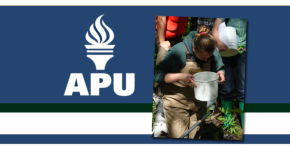
Valorie Titus, APU – Eastern Tiger Salamander
In short, the eastern tiger salamander is in danger. However, Dr. Valorie Titus, a professor of environmental science at American Public University, is studying these little amphibians and working to conserve their species. Dr. Valorie Titus currently teaches wildlife, conservation, and ecology courses in the Environmental Science program within the American Public University School of…
-

Erika Berg, North Dakota State University – Equine Therapy
Can interaction with horses hold the key to helping those afflicted with psychological disorders? Dr. Erika Berg, a professor of animal science at North Dakota State University, is studying the therapeutic benefits of horses. Dr. Erika Berg received her B.S. and M.S. degrees in Animal Science from Purdue University. She earned her Ph.D. with a…
-
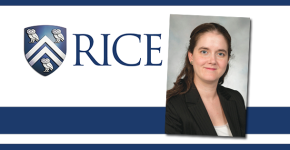
Kirstin Matthews, Rice University – Biomedical Patents
With new technological advances come unforeseen legal issues. Dr. Kirstin Matthews, fellow in science and technology policy at Rice University, addresses the patenting process in the biotechnology field. Dr. Kirstin Matthews‘ research focuses on ethical and policy issues related to biomedical research and development. Specifically, Dr. Matthews is looking at intellectual property rights for biotechnology,…
-

Joshua Weitz, Georgia Tech – Co-Evolution
“Our work shows that co-evolution can yield new and unique behavior at the population scale,” explained Joshua Weitz in a recent article about his biological research. Joshua Weitz, associate professor in the School of Biology at the Georgia Institute of Technology uses mathematical models to study the changing abundances and traits of natural populations. Joshua…
-
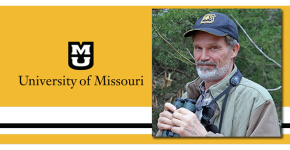
Frank Thompson, University of Missouri – Songbird Populations
A recent NPR piece discussed the threat of climate change on bird populations and what that signals in our changing environment. Frank Thompson, a professor in the Department of Fisheries and Wildlife Sciences at the University of Missouri’s School of Natural Resources, discusses the declining populations of songbirds. Frank Thompson is a scientist with the…
-
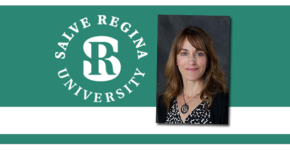
Susan Meschwitz, Salve Regina University – The Antibiotic Power of Honey
Honey is tasty, but it seems the delicious treat’s medical applications go further than once thought. Susan Meschwitz, a chemist at Salve Regina University, is studying the health benefits of honey. Dr. Susan Meschwitz is an Assistant Professor of Chemistry at Salve Regina University in Newport, Rhode Island. She received her Ph.D. in Organic Chemistry…
-

Don Schaffner, Rutgers University – Wash Your Hands!
It’s no big secret that washing your hands regularly will help keep you healthy. Washing keeps bacteria and other pathogens at bay and all research suggests that keeping clean is a good thing. But, as Don Schaffner, a professor in Rutgers University’s Department of Food Science, will tell us: hand washing is an inexact process.…


